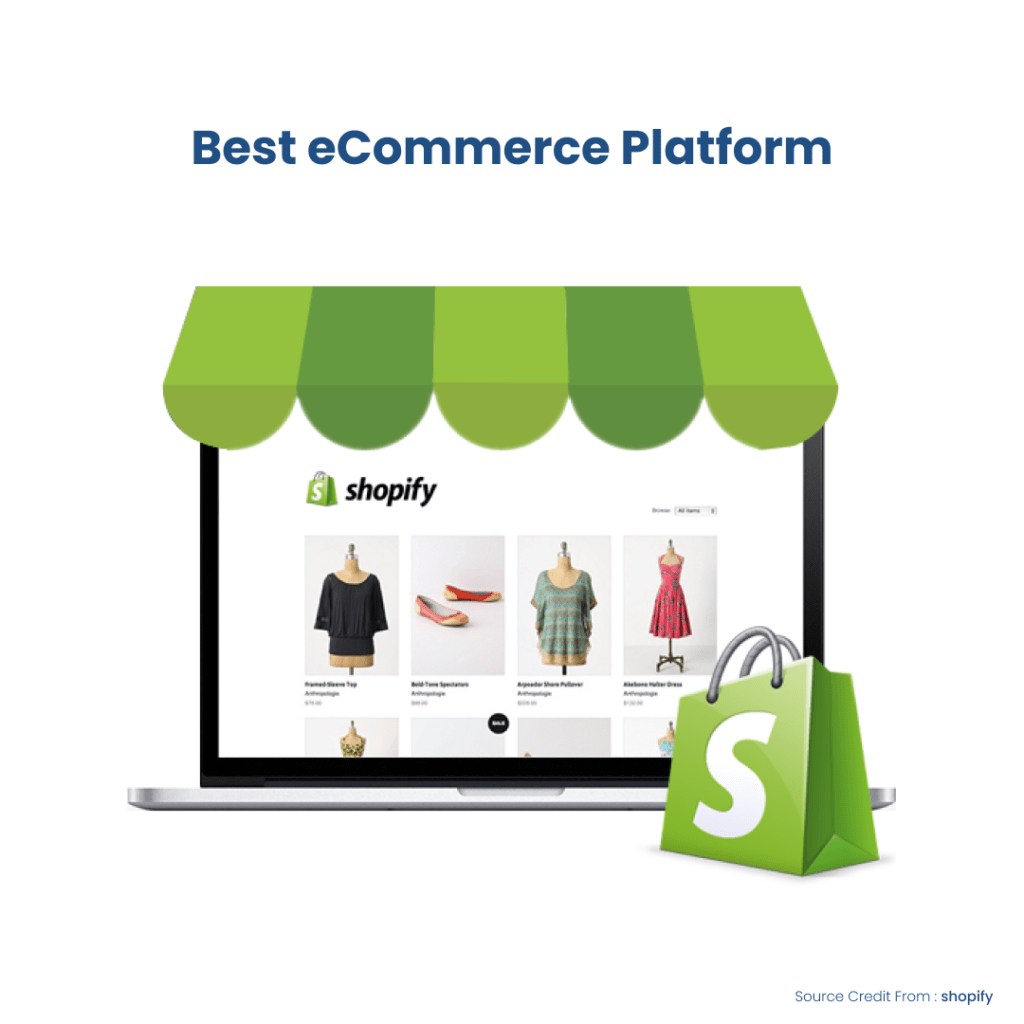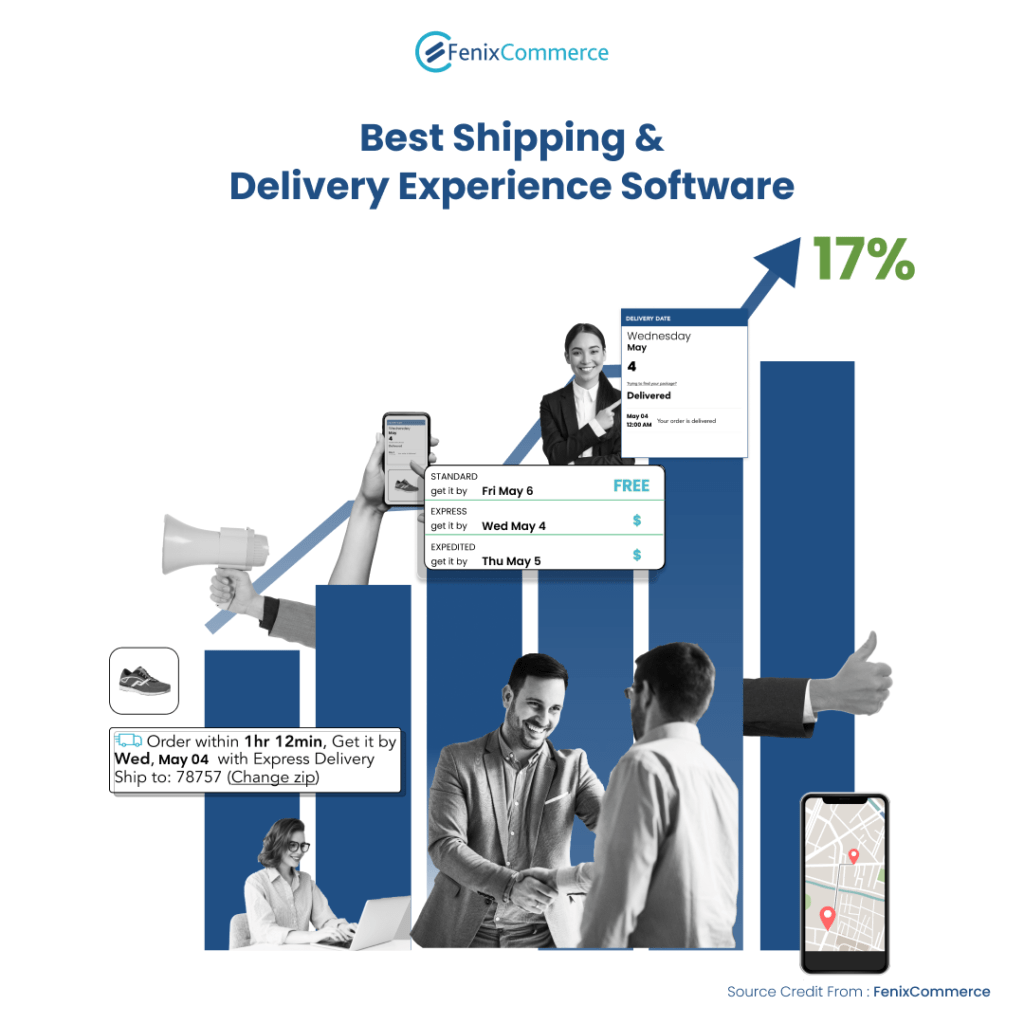Top 7 eCommerce Automation Tools in 2022
As a growing DTC eCommerce brand, you’ll come to a point where you get fed up with that part of retail operations that rips into your finances and time, eventually slowing the growth of the business.
Manual tasks!
Here at FenixCommerce, we've seen it happen all too often which is why we consider it imperative to let you in on the top-rated eCommerce automation tools or software to help you get things done faster.
Every business today has its fair share of repetitive but annoying small tasks that can’t be ignored. Although tasks might appear small and easy to execute, summing them together exposes you to a bunch of significant time wasters that slow your productivity and ability to scale.
Thankfully, eCommerce automation tools allow you to convert these tasks and processes to intelligent automation that executes by itself at the right time. Automating these tasks also gives you a chance to try new things and get creative without investing too much of your time.
That said, let's dive into 7 game-changing eCommerce automation software in 2022 to help you keep your workflows streamlined and supercharge your eCommerce conversions.
7 Best eCommerce Automation Tools in 2022
In your eCommerce automation quest, you'll come across a handful of tools that help you get things done faster. But there is another category of automation software for eCommerce brands that we refer to as game-changers.
Remember, the goal is to find tools that automate tasks that have considerably minimal impact on business performance or execute tasks in a manner that is far more efficient than any human could ever match.
Here are our top 7 automation software picks:
7. Blimpp - Best for Customer Personas
6. Google Smart Shopping - Great for Customer Acquisition
5. Hubspot for eCommerce - Best eCommerce Inbound Marketing Software
4. Google Data Studio - Best for eCommerce Reporting
3. Mailchimp - Best for eCommerce Email Marketing
2. Shopify - Best eCommerce Platform
1. FenixCommerce - Best Shipping and Delivery Experience Software
7. blimpp – Best for Customer Personas

blimpp – Best for Customer Personas
Creating buyer personas is a core aspect of every successful marketing endeavor. But many eCommerce brands struggle to come up with the right personas because of the level of undefined thinking involved. Most marketers tend to come up with these avatars by making assumptions that are most times inaccurate, eventually leading to wrong targeting and unsuccessful marketing campaigns. Now that’s where blimpp comes in.
Who’s blimpp best for?
We recommend blimpp for any marketing manager that wishes to create customer personas that they can leverage on different platforms seamlessly.
Why we recommend blimpp
This eCommerce automation software is just what you need if you are looking to set up and launch your marketing campaign. Using blimpp, You can start compiling buyer personas using a step-by-step process that factors in your already existing knowledge about your customers. This then gives you access to valid targeting options that allow you to connect with your audience on platforms such as Facebook and Google. Every ad platform has its targeting taxonomy.
So blimpp allows you to create personas that fit based on the platform. That's a great way to have personas that are ready for targeting in different ways. The best part is you can grant your team access to the personas using the sharing utility.
6. Smart Shopping Campaigns – Great for Customer Acquisition

Smart Shopping Campaigns – Great for Customer Acquisition
Noticed those listings that appear at the top of Google’s search result pages whenever you search for a product? Well, you'd be surprised how powerful such listings are and how immensely they can boost your customer acquisition goals. Planning your campaign structure can be a hassle since you’d have to get several variables right. It’s also time-consuming to optimize thousands of products individually. To make light work of that entire process, Google Smart Shopping is now changing the game.
Who’s Google Smart Shopping best for?
Smart Shopping is excellent if you’re a performance marketer interested in generating quality leads from paid campaigns.
Why we recommend Google Smart Shopping
This eCommerce automation software automates the bidding and targeting process while expanding your ability to show up on different channels such as YouTube networks, Gmail, display, and search. While it doesn’t run on autopilot indefinitely, it boosts your ability to manage Google Shopping campaigns in a profitable way that reduces human engagement. You’d agree that no human can match up to the power and speed of Google's algorithm in optimizing bids. According to statistics, Google Shopping has conversion rates 30% more than text ads since it improved the efficiency of your targeting.
5. Hubspot – Best eCommerce Inbound Marketing Software

Hubspot – Best eCommerce Inbound Marketing Software
If your eCommerce business is in dire need of software to manage your inbound marketing process, then look no further than Hubspot. This tool comes with a wide range of features designed to be the one-stop suite for all things marketing as it helps you manage and analyze everything that has to do with content, social media, and email.
Who is Hubspot best for?
Hubspot is highly recommended for eCommerce brands struggling to attract visitors and turn them into paying customers. With a plethora of functionalities in a single software that allows you to take control of your marketing activities, it could be the catalyst you need to convert higher.
Why we recommend Hubspot
Hubspot prioritizes sales funnels in the entire marketing strategy and provides retailers with advanced features to manage the funnels. So if you run an eCommerce store, you have a great resource that allows you to analyze your strategy and improve it. Hubspot is a whole ecosystem of utilities that help you generate leads for your website. It also helps you with analytic reports that show you where you are making the most money (Facebook ads for example), so you can invest more on that channel.
4. Google Data Studio – Best for eCommerce Reporting

Imagine how time-consuming it is to constantly report every day, week, and month. That translates into so many hours wasted coming up with different reports that mostly won’t get any attention in the end. Marketing managers constantly admit to how demanding reporting is in terms of resource allocation. Yet, this is the one activity that can't be sidestepped because it is essential to marketing insights and accountability, both of which drive innovation. Due to the tedious nature of reporting, eCommerce automation tools like Google Data Studio are what smart marketers are turning to.
Who is Google Data Studio best for?
Google data studio is perfect for marketers looking to save time on reporting while getting access to the most critical business insights faster.
Why we recommend Google Data Studio
This is the one tool that reduces the risk of errors and saves time by streamlining the reporting process. What you have here is a fully automated solution that works with data in real-time. Google Data Studio integrates with Google Analytics and Google Ads, providing you with visualizations from these data sources, thereby obliterating the need for PowerPoint or Excel. It also comes with different connectors and integrates with any data source you can imagine. The fact that it is free to use makes it an insane addition to your eCommerce automation arsenal.
3. Mailchimp – Best for eCommerce Email Marketing

Mailchimp – Best for eCommerce Email Marketing
You've probably heard about Mailchimp, the game-changing platform for email marketing. This eCommerce automation tool allows retailers to understand their customers better so that they can gather important data and promote campaigns using a more personalized, segmented approach. Mailchimp says segmented campaigns.
Who is Mailchimp best for?
With good analytics, great automation, and excellent pricing, Mailchimp works well for eCommerce brands looking to go big on email marketing.
Why we recommend Mailchimp
The software looks at important metrics such as website engagement and purchase activity to come up with automated targeted campaigns. All you have to do is integrate Mailchimp with your online store and you'll get access to a set of superb eCommerce tools geared towards growing your ROI and improving your conversion rate. Using Hubspot, you can sync purchase data for campaigns, automate targeting, and organize customer data for custom marketing with key features like retargeting emails, popup forms, and ads management.
2. Shopify - Best eCommerce Platform

Selling online requires an eCommerce store. You could either build one from scratch or take advantage of platforms with preloaded tools that allow you to host and set up your store easily. Shopify is arguably the leader when it comes to an all-in-one eCommerce platform.
Who is Shopify best for?
Shopify is best for brands and individuals looking to sell things online without the hassle of building a traditional website from the ground up.
Why we recommend Shopify
First of all, the fact that Shopify has more than 60 website themes all for free that only require a single click to install sets it apart from the pack. Bigger eCommerce brands can also have their teams and experts jump on the platform to design new themes using outstanding features and customizable functions. Shopify offers a dashboard that projects all the vital info with a rich, user-friendly backend. So shop owners can manage customers with ease, get access to comprehensive reports, and handle products and orders even if they have no prior knowledge of coding and programming.
You should also check out its amazing CMS that allows shop owners to do simple things from altering text and sections to changing images without help from expert developers. Shopify is great for every business and handles backups and updates automatically. It’s built with SEO in mind too, offering both social media support and an app store with thousands of apps to help you enhance your store’s experience.
1. FenixCommerce - Best Shipping and Delivery Experience Software

FenixCommerce - Best Shipping and Delivery Experience Software
In the past, an eCommerce website always offered the same shipping and delivery experience for every visitor, regardless of their location, shopping preferences, or shopping history. Today, the game has changed and retailers have to start considering consumer behavior while designing the website experience. That’s because shoppers want retailers to deliver them an experience that aligns with their needs. They also want to be able to decide when and how their packages are delivered.
Unfortunately, it’s hard to find an eCommerce website today that can accurately display delivery date estimates and personalized shipping options automatically for customers to choose from. This one problem has led to abandoned carts and reduced ability to close sales for retailers.
Who is FenixCommerce best for?
FenixCommerce is perfect for eCommerce brands looking to improve conversions and reduce abandoned carts by enhancing the on-site shipping and delivery experience for each shopper.
Why do we recommend FenixCommerce?
Forgive the shameless plug, but Fenix is the game-changing SaaS solution for eCommerce websites looking to solve the problem of abandoned carts due to uncertainty with delivery dates. Fenix geolocates every customer that visits your website and uses that information along with your inventory location and other important variables to display clear and accurate delivery dates on your product/checkout pages to each shopper.
Fenix also syncs with different carriers to display the most cost-effective shipping options to visitors so they can choose what shipping method works for them. This software is the only one of its kind and has successfully helped fast-growing retailers and DTC brands increase conversions by 17%, reduce abandoned carts by 56%, and increase shipping revenue by 75%.
Got any eCommerce automation tools that have streamlined your workflow, saved you time, and made things easier for you? We’d love to hear from you in the comments section. And if you’d like to see how Fenix can improve your eCommerce conversions, visit our website or check us out on Shopify!
FAQs on eCommerce Automation Software
What is eCommerce Automation?
eCommerce automation refers to the use of intelligent SaaS tools and software to automate manual, repetitive processes/tasks in your workflow. It’s a way of carrying out tasks automatically so you can spend time on more important activities.
How does eCommerce automation software work?
eCommerce automation software automates tasks that have considerably minimal impact on business performance or executes tasks in a manner that is far more efficient than any human could ever match, giving you time to promote your site, make sales, and fulfill customer orders.
What is the first step to automation?
You want to first understand your entire process, workflows, and the existing systems. Then you can identify what aspects of your process need to be automated to improve the entire operations.
What makes HubSpot different?
HubSpot offers eCommerce businesses a plethora of functionalities in a single software that allows you to take control of your inbound marketing activities. It also helps you with analytic reports that show where you are making the most money from.
Can you automate a dropshipping store?
Yes, you can automate your dropshipping store. There is a range of tools and software that can help you transition toward full eCommerce automation. Simply focus on what aspects of your dropshipping business you excel at, then find tools to automate the other aspects


.png)
Comments
Post a Comment